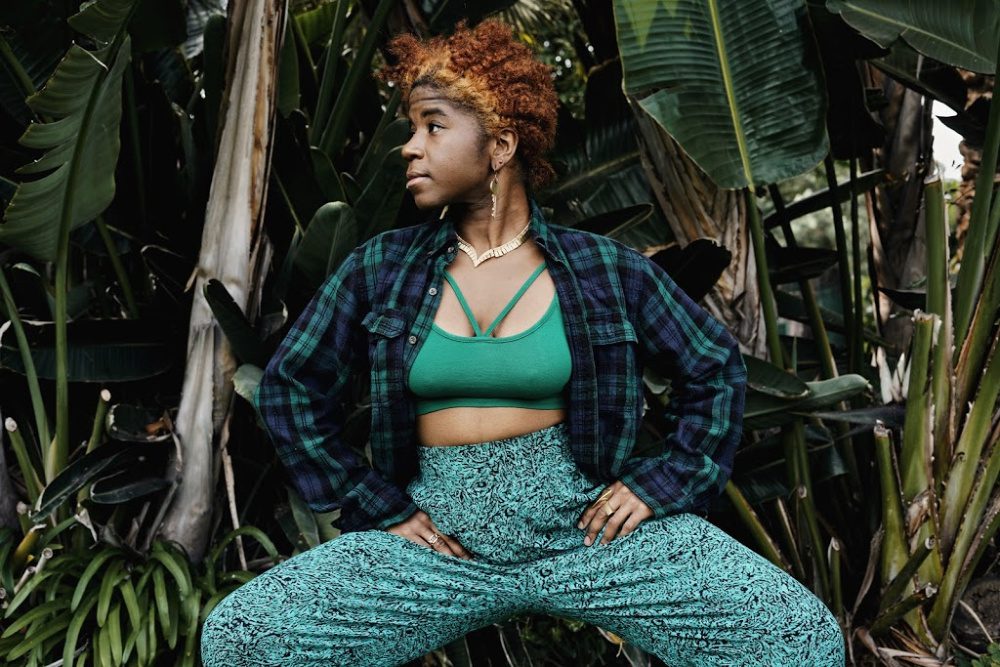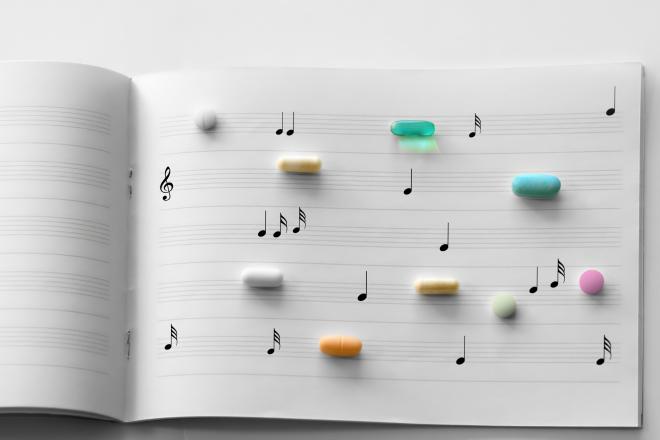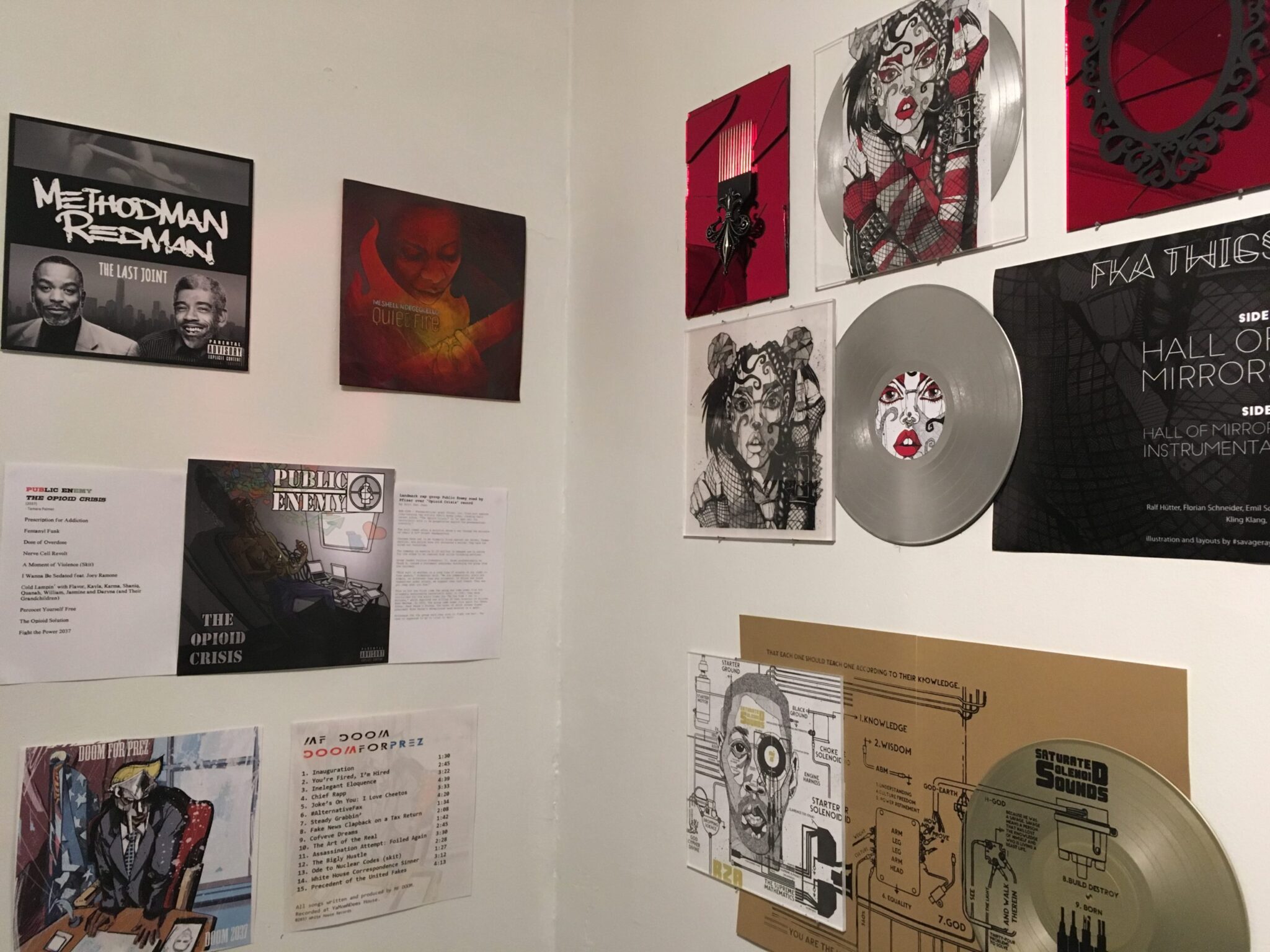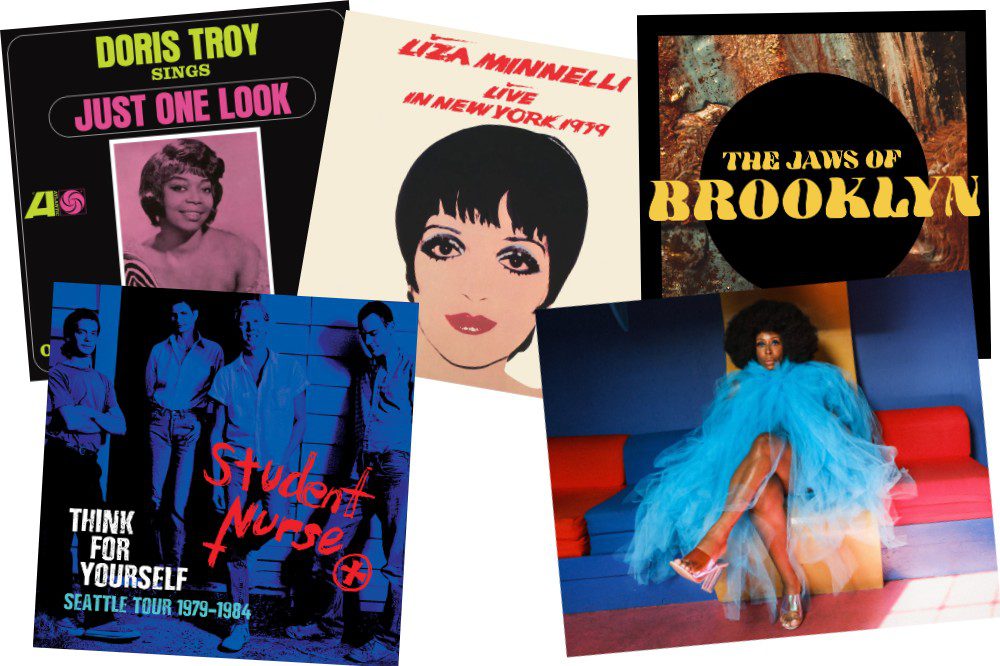PLAYING SEATTLE: SassyBlack Returns With Latest Solo LP Ancient Mahogany Gold

SassyBlack, a.k.a. Catherine Harris-White, has spent years making lunar-inflected R&B and sending Seattle audiences on a funky galactic journey—both as a member several Seattle-based groups, like rap duo THEESatisfaction, and now as a formidably innovative and prolific solo artist. With a production vibe reminiscent of Roy Ayers and Pharrell, and an expressive vocal style that recalls jazz great Ella Fitzgerald and neo-soul legend Erykah Badu, SassyBlack’s music transcends era and defies linear notions of time.
With fifteen releases since 2015, sixteen counting her forthcoming full-length solo album Ancient Mahogany Gold, out September 13th, Sassy is a master of the slow simmer. Ancient Mahogany Gold is a fresh 11 tracks—the optimum length for Sassy to lyrically explore the many dimensions of pain and love, while building her jazz-tinged melodic motifs and nimble, entrancing soundscapes to their climax.
SassyBlack chatted with Audiofemme about the details of the new full-length, her complicated Seattle roots, and about self-worth in song.
AF: What got you into music? Was there a particular artist or person in your life that encouraged you to listen, or perform?
I have always been very into music and performing. I come from a household where there was always music playing and typically a lot of dancing/relaxing/planning/studying to music. Music has been a special space where I can heal and just be. No judgement. I can’t tell who the first artist I wanted to be like was but right now, off the top of my head I can say Michael Jackson, Brandy, Miles Davis, Morris Day and Chaka Khan have played big parts in my life. So many musicians and artists have impacted me that I could write a series of books about it.
AF: Where in Seattle did you grow up? How does Seattle serve as a context to your music? An inspiration? A boundary?
I grew up in Hawaii until I moved to Seattle in ‘97. In Seattle I lived near the University of Washington which was always moving and changing as the school year would start and let out. In terms of inspiration & boundaries, I don’t know. Seattle is special to me. It’s what I have known and although I have seen some of the world in my travels, no place feels like Seattle – it’s my sweet spot.
AF: In what way has the Seattle scene served you and lifted you as a musician? In what ways has it failed you, or introduced challenges?
Being from Seattle and having parents from New York makes me different in a way that Seattleites could smell it on me. I act differently, make differently, love differently. I am different. I’m from space. I often call myself a woman of the world and Universe for that reason. The music scene is like any other scene or community I’ve experienced in the world. It can be open and freeing and accepting or hate you, ignore you, think you are undeserving or not known what you are or what to make of you so kind of hands off until it’s time to make a hard fast decision. Seattle can see me for what it has the capacity to and that sight fluctuates so I try not to rely on it for anything that I need to survive. But I do enjoy the love.
AF: Your music is often referred to as intergalactic and space-aged. Do you consider your music to be Afrofuturist? If so, how and why are you in conversation with this movement?
I deem my music psychedelic soul and hologram funk. It feels right for the time being. I’ve been called an Afrofurutist before, but honestly I am a Black woman and just by being I live in the future. I’ll leave that at that for now. My music speaks to it loudly and I find more clearly than I can phrase right now. Another book to be written.
AF: What were the biggest lessons you learned from your time in THEESatisfaction, that you bring to your solo work?
I’ve been in several bands and groups and one of my biggest takeaways from all of them is that I love working alone. Collaborations are golden when shaped from positive interactions and loving intentions.
AF: Tell me about the process of making your new album, Ancient Mahogany Gold. Did it begin with a theme, a lyric, a conversation?
This album began with a thought. A thought that came about while I was making a beat. It grew over several years. Lyrics, themes, music all kind of came simultaneously. It’s hard to track because I don’t take notes of how my spirits and ancestors encourage me to express myself.
AF: Both “Depression,” and especially “Antidote,” on Ancient Mahogany Gold, seem to deal with themes of self-love. Why is this a topic that’s important to you?
This whole album is about self worth and self love and appreciation in all the ways that it comes to mind. It is in every song. I think “Antidote” and “Depression” exude those feelings more because the lyrical content, or even the titles, are more apparently speaking to what is associated with self love. This topic is life and important to everyone whether they know it or not. I just don’t think most people know the best way to approach self love in a healthy loving manner. I’m not even sure how to do it for myself but it manifests through craft, creation, conversation and song.
Follow SassyBlack on Facebook for the latest updates and check out Ancient Mahogany Gold when it arrives on planet Earth September 13th.




